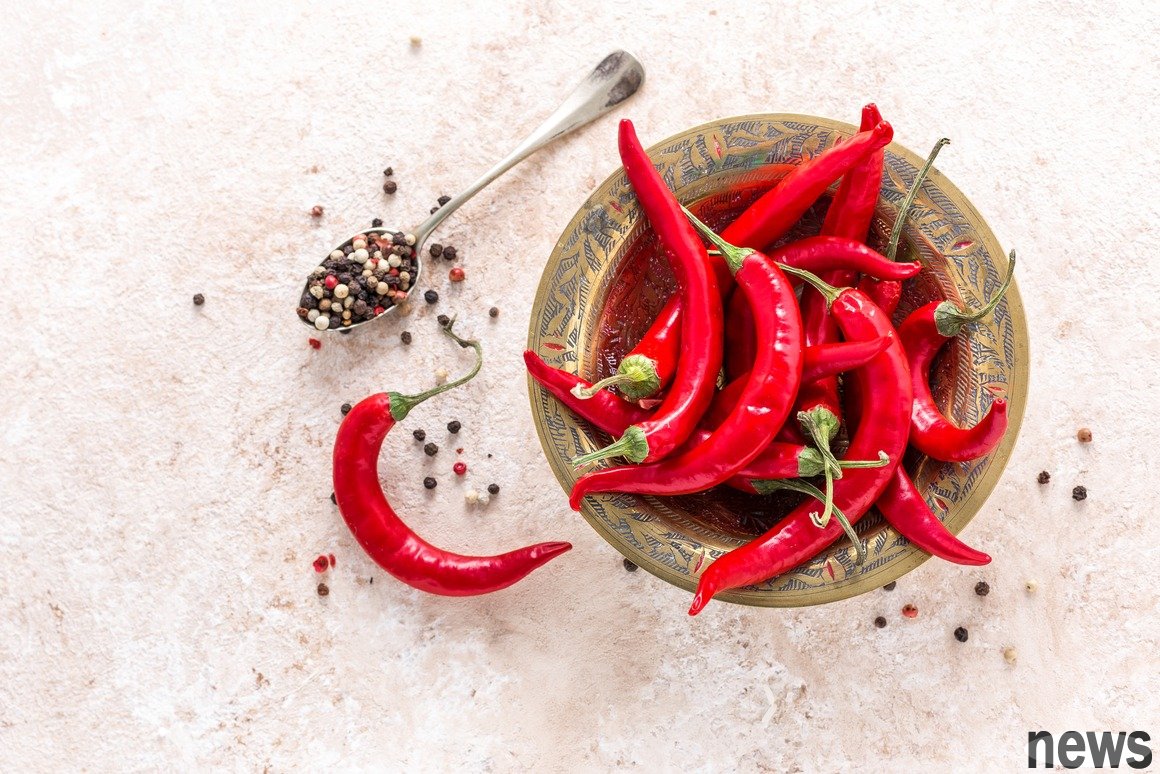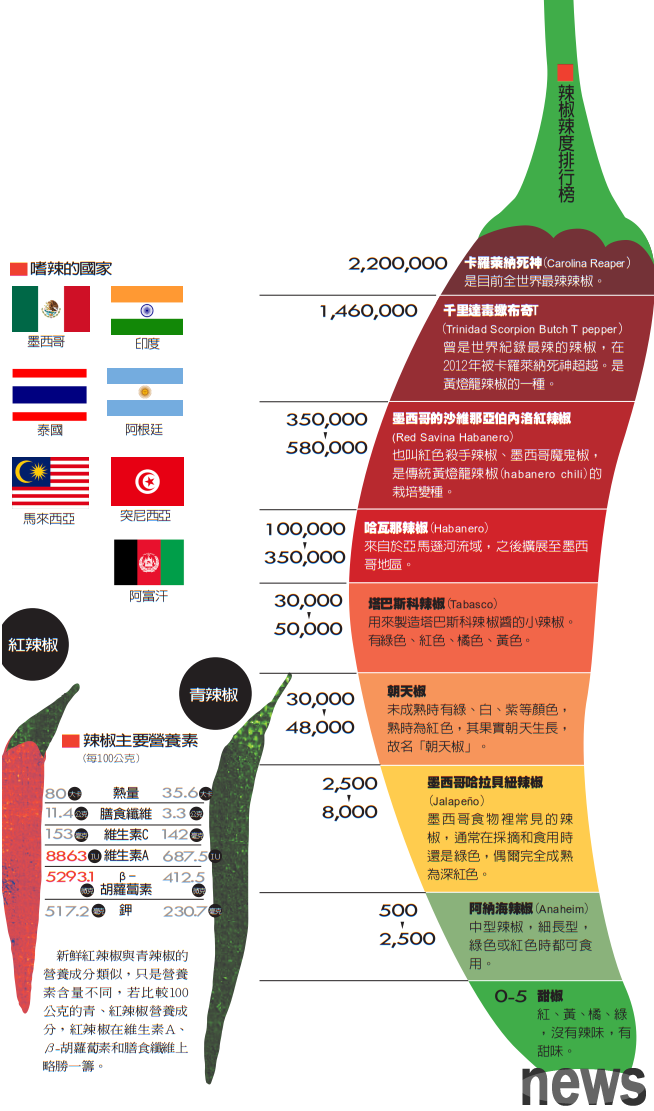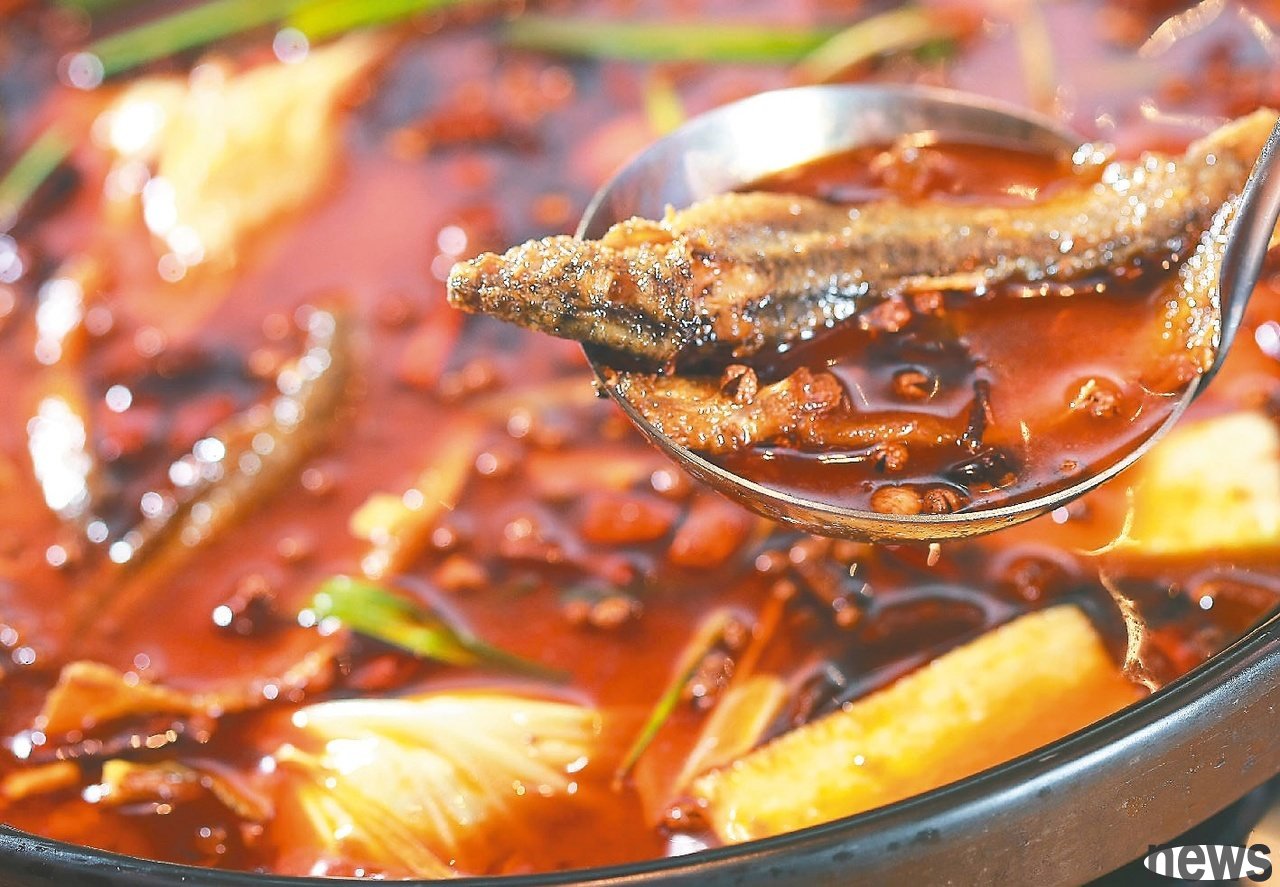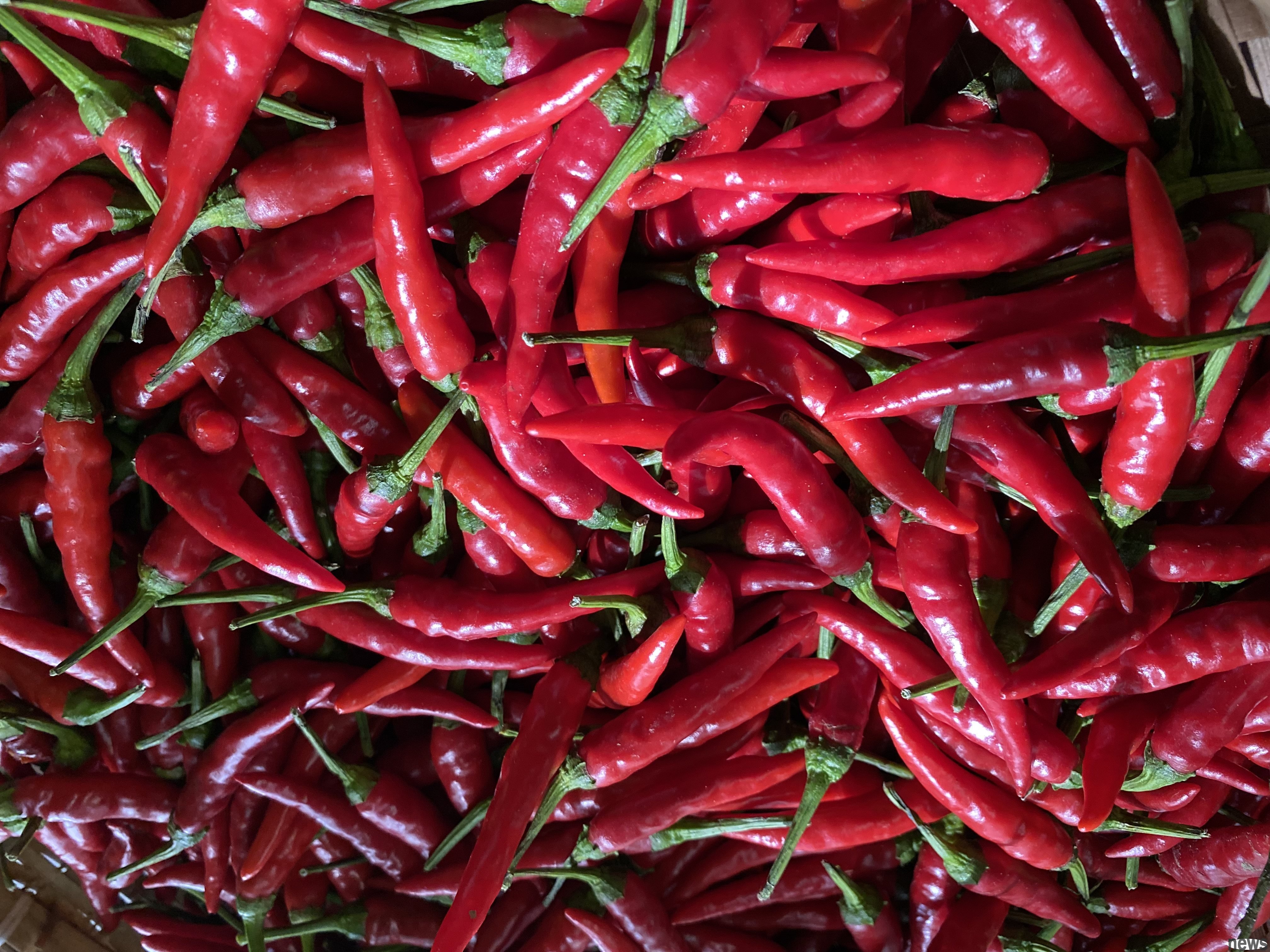Do you like spicy food? Many people have the habit of eating chili peppers, and they are spicy and enjoy the pleasure of burning when they are starting to thirst for burning. Especially in the hot summer, many people will not have the appetite becau...

Do you like spicy food? Many people have the habit of eating chili peppers, and they are spicy and enjoy the pleasure of burning when they are starting to thirst for burning. Especially in the hot summer, many people will not have the appetite because they are too hot. At this time, "eating spicy food" can promote appetite, open up the stomach and prevent heatstroke. Is eating spicy food beneficial or harmful to your health? Let’s take a look at the benefits and disadvantages of chili.
Nutritional value of chili peppersChili peppers are a very nutritious vegetable with high pharmaceutical and edible value. Red peppers are rich in red peppers, a large amount of vitamin C, vitamin A, turbidite, selenium, vitamin B groups, citric acid, tobacco acid, drill, fiber iron, gluten, etc. Moreover, the vitamin C content in red peppers is the highest among vegetables. The vitamin C content of 100 grams of peppers is as high as 144 mg, 10 times that of tomatoes. The husky content in peppers is also 2 to 4 times that of ordinary vegetables, which is only lower than that of Husky. It is a very good anti-cancer food.
{9Citrine contains rich nutrients, and its spicy source is "capsaicin". There are different types of peppers all over the world, including the green and red peppers grown in Taiwan, with different spicy qualities. The "Scoville Heat Unit" is currently used to measure spicy courses in the world. The measured spicyness is "Scoville Heat Unit" (simplely SHU). The higher the value, the spicy, the spicy. To measure the capsaicin content index in chili, the measurement method is to dissolve a unit of the test subject into sugar water, then hand it over to the reviewer for the evaluation, and gradually increase the amount of sugar water until the spicy taste is no longer tasted. At this time, the sum of the amount of sugar water is the Summit Spicy Unit of the test subject. But in Taiwan there are different ways to calculate the spicyness.

According to the World Daily report, eating spicy food is beneficial to your health. The capsaicin and phytochemicals contained in peppers have the effects of anti-obesity, antioxidant, anti-inflammatory, improving vascular diseases, and anti-cancer. Although eating spicy food is very good, there are four types of people who should avoid eating spicy food, which is prone to inflammation, stomach aches, throat inflammation, and dermatitis, which may cause negative and bad consequences to the body. Here are the 7 benefits of peppers:
1. Promote blood circulation: When eating spicy peppers, capsaicin in peppers will stimulate your nerves to increase blood flow. In 1993, the American Journal of Physiology published a mouse study that proved that peppers promote blood circulation and may help patients with hypertension.
2. Helps prevent cancer: Studies have shown that capsaicin also has a cancer prevention effect. Researchers have shown that capsaicin prevents growth of gland tumors and may help prevent adenocarcinoma. According to the journal "Anti-cancer Research" in 1997, scientists asked rats to eat smoke to help with lung cancer. Then a group of rats also took capsaicin, while another group of rats took comfort agents. As a result, rats who took capsaicin had fewer tumors in their lungs, indicating that chili may also help prevent lung cancer.
3. Lower pyrosterol: Another way that peppers can improve the health of the heart and circulation system is to adjust pyrosterol levels. A study published in the European Journal of Nutrition in 2013 showed that capsaicin can lower calcisterone and improve lipoprotein in mice with high calcisterone diets. Capsaicin has the effect of reducing the absorption of cervical sterols, allowing too many cervical steroids to be eliminated from the body. This shows that chili may have its function for maintaining healthy calcisterone levels.
4. Improve digestion: In traditional medicine, spicy spices are used as digestive stimulants to treat digestive diseases. A study published in the 2010 journal "Applied Physiology, Nutrition and Merits" examined the impact of capsaicin on the activity of antioxidant enzymes in the kidneys. Research has found that capsaicin improves the function of these antioxidant enzymes, and proves that capsaicin can promote digestion and protect the stomach.
5. Detoxification: Chili contains a variety of antioxidant and vitamin components, such as vitamin A, vitamin E, vitamin K, vitamin C, vitamin B groups, etc., which can help excrete free radicals in the body and achieve detoxification effects.
6. Make people feel happy: According to researchers at New York University in the United States, capsaicin can stimulate "pain receptors" in the human oral cavity, and then send a signal to the brain, causing the brain to secrete a chemical substance that makes people feel good. This substance can not only stimulate and spicy, but also effectively improve people's emotions and make them feel happy.
7. Long-term: Spicy foods may be related to long-term. A study published in the "British Medical Journal" found that people who eat spicy food every one or two days die early from cancer, heart disease or respiratory problems, lower than those who rarely eat spicy food.

1. Stomach pain and abdominal pain: "Casaicin", the main ingredient that makes peppers irritating and burning, will cause irritation to the stomach wall or kidney tract. At this time, in order to protect itself from potential injuries, the body will accelerate peristalsis and expel capsaicin, which will cause stomachache and abdominal pain.
2. Cardiovascular disease: Usually spicy foods are more heavy-tasting. When you eat too much, you will take too much calves, causing the ionic concentration of the calves in the body to increase, causing the water in the blood vessels to increase relatively, resulting in a significant increase in the pressure on the blood vessel wall, which will also affect the occurrence of high blood pressure, and even stiffening, medium wind, etc.
3. Impact of knowledge: A study published in the journal Nutrients found that spicy diet may affect cognitive function, and peppers have a negative impact on the cognition of older people. However, this study is the first long-term study on the relationship between pepper intake and cognitive function, and further research is needed..

1. It is best not to eat spicy food on an empty stomach or eat spicy food in the first bite. The mucosa of the fasting kidney canal is directly connected to spicy food, which will not only cause a burning sensation, but also increase gastric juice secretion and cause inappropriateness. If you have stomach aches or gastric inflammation, you should eat less spicy food. Other spicy foods such as raw garlic and raw sausage have been proven to increase the chance of gastroesophageal reflux.
2. If you have poor stomach after eating, it means that you have an option to eat spicy food based on your own physical condition. If you find that you have poor stomach or constipation after eating, it means you have overdose. Eating too much spicy food will cause numbness in the nerve endings, and the more you eat, the more spicy you will become, the more spicy you will not get. People who eat spicy food for a long time will be more likely to develop symptoms such as vomiting and abdominal distension. Eating too much spicy food will cause "heat", which will lead to constipation and skin scratching.
3. When drinking more water and eating spicy food, it is recommended to combine it with water, milk, sour plum soup, etc. In addition to relieving the spicy feeling on the tongue, it can also remove the strange smell left by the peppers in the mouth.
Eating spicy food appropriately is good for your health. It can fight cancer, anti-obesity, antioxidant, anti-inflammatory, and improve vascular diseases. However, before eating, you should still evaluate whether your own body quality is suitable for eating spicy food, otherwise it will cause burden on your body.